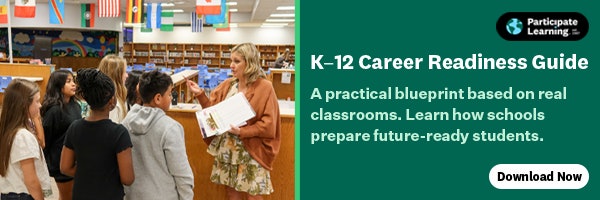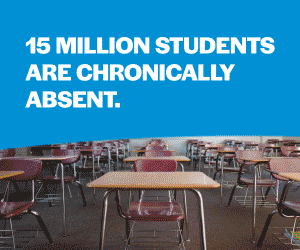
Unfinished Business: What Must Come Next for Public Education, Five Years After Pandemic Shutdowns is harshly critical of much of the policy response to the pandemic and outlines the current crisis of low student achievement and eroding public confidence in schools.
But, the report's authors, Robin Lake and Paul Hill, still see the current moment as an opportunity for change and to implement bold new approaches.
The report's main recommendations include:
- Personalized, flexible learning models: Schools must move beyond one-size-fits-all instruction and adapt to highly varied student needs. Solutions should be designed for students at the margins to benefit all learners.
- Career-connected high schools: High schools should ensure that every student graduates with a concrete postsecondary plan that maximizes their future opportunities. Early college experiences, internships, and workforce preparation must become standard.
- Smart use of emerging technologies: Schools need to harness AI and digital tools to provide personalized learning pathways while safeguarding against biased or ineffective implementations.
- Modernized teaching roles and staffing models: The traditional, isolated teacher model must give way to collaborative, team-based teaching structures that make the best use of expertise across schools and communities.
- School choice with transparency and accountability: Families should have access to high-quality school options and clear, comparable data on school performance to make informed decisions. Publicly funded schools must be accountable for student outcomes.
- High expectations paired with strong support: Schools must maintain rigorous academic standards while ensuring that students receive the support they need to succeed. Lowering expectations is not an option.
- Strong state and local leadership: With federal oversight waning, state and local leaders must take bold action to drive meaningful reform, ensuring schools have the flexibility to innovate.
- A portfolio strategy: States and districts should allow schools to specialize, innovate, and adapt while ensuring strong oversight and accountability. This approach enables a more flexible, student-centered education system that meets diverse needs
























